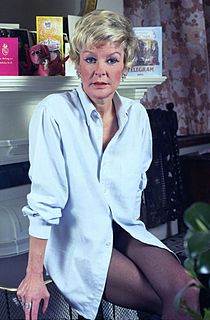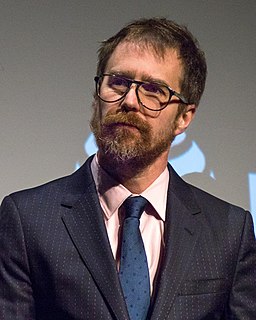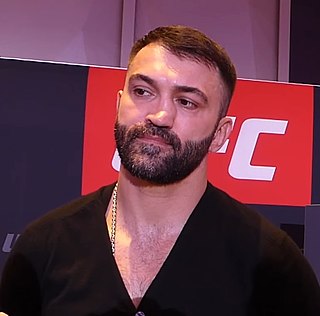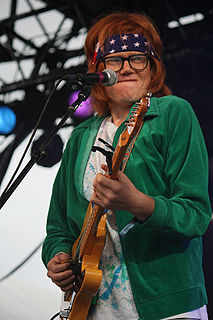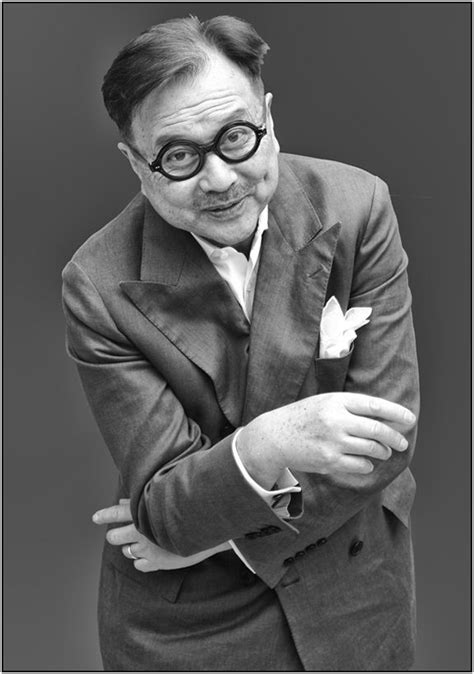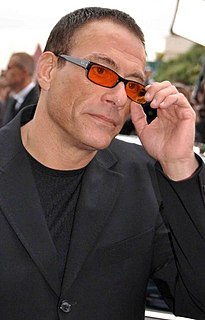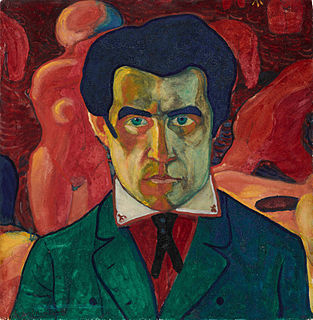A Quote by Elaine Stritch
These performers that go on about their technique and craft - oh, puleeze! How boring! I don't know what 'technique' means. But I do know what experience is.
Related Quotes
My technique is laughable at times. I have developed a style of my own, I suppose, which creeps around. I don't have to have too much technique for it. I've developed the parts of my technique that are useful to me. I'll never be a very fast guitar player. I don't really know what to say about my style. There's always a melodic intent in there.
